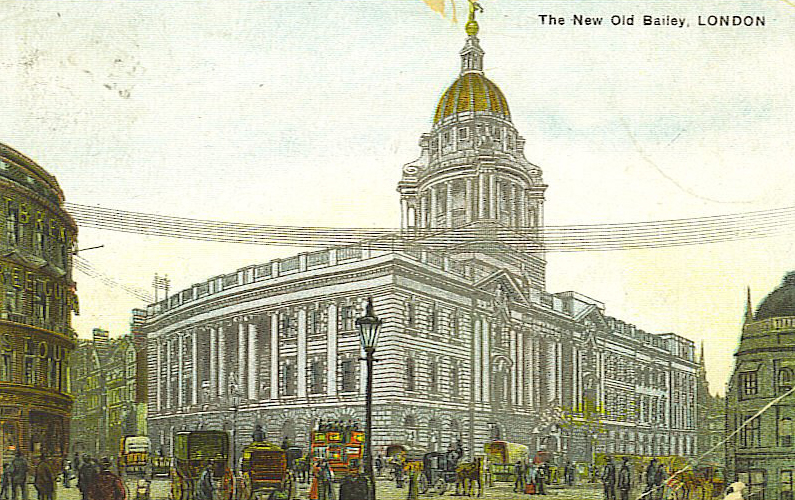London court sentences Dev’s ‘alter ego’ to 2 years in prison
London, 5 July 1923 - Mr. Art O’Brien, described variously as Mr. de Valera’s alter ego and the ‘presiding genius of the whole Republican movement’ in Britain, has been sentenced to two years imprisonment at the Old Bailey in London.
Mr. O’Brien was one of seven deportees from Ireland who had been charged with a conspiracy to overthrow the Irish Free State Government between March 1922 and March 1923. Mr. Sean McGrath received a similar sentence to Mr. O’Brien, while lesser sentences of 12 months imprisonment were delivered in respect of Michael Galvin, Anthony Mullarkey, Thomas George Flynn and Denis Fleming.
A ‘Not guilty’ verdict was returned in respect of Mr. Seán O’Mahony., TD for South Fermanagh. Making his final address to the jury, the British Attorney General rejected charges of misconduct on the prosecution’s part and denied that the British Home Secretary had anything to do with the arrest of the men on trial. Rather, he said, it was the Director of Prosecutions who had decided upon the prosecution and it did not matter whether the defendants were guilty of treason, seditious conspiracy, or anything else, in deciding whether their deportation was legal or illegal.
Prof. Enda Delaney gives an overview on ‘Ireland, Diaspora & Revolution’
The Attorney General asserted that the men who held the most important positions in the Republican conspiracy in England had been arrested and put on trial. ‘O’Brien’, he added, ‘is the rallying point, the central figure, the presiding genius of the whole Republican movement in this country - the alter ego of de Valera, the Chief in Ireland.’
In his own summing up, which lasted for three hours, Mr. Justice
Swift, noted that most of the jurors must have been surprised to
learn that while the troubles were ongoing in Ireland, England was
being used as a source of money, guns and ammunition. The evidence
on this was clear, the Judge said. ‘If you think
O’Brien and McGrath were helping to direct the political
forces under de Valera in his endeavour to overthrow the Free
State Government, then they are just as guilty as the man who lay
in ambush, exploded a mine, or cut a railway line.’
However, when speaking previously to the court from the witness
box, Mr. O’Brien said that the money that had been raised
for and by the Irish Self-Determination League (ISDL) of
Great Britain, an organisation he helped establish, was not used
for military purposes, but was spent on administration and
publicity in support of the Irish republic. As for his
fellow-defendants, Mr. O’Brien noted that Mr. O’Mahony
was a parliamentary representative in Ulster and it had been in
that capacity he had been invited to address meetings. So far as
he was aware, Mr. O’Mahony had nothing to do with the
fighting in Ireland. Neither, he said, did Mr. McGrath, while Mr.
Galvin was not a member of the ISDL.
Crowds gathered outside of the Old Bailey to offer their support for the convicted men as they were being led away, in CID tenders, to prison.
[Editor's note: This is an article from Century Ireland, a fortnightly online newspaper, written from the perspective of a journalist 100 years ago, based on news reports of the time.]





















